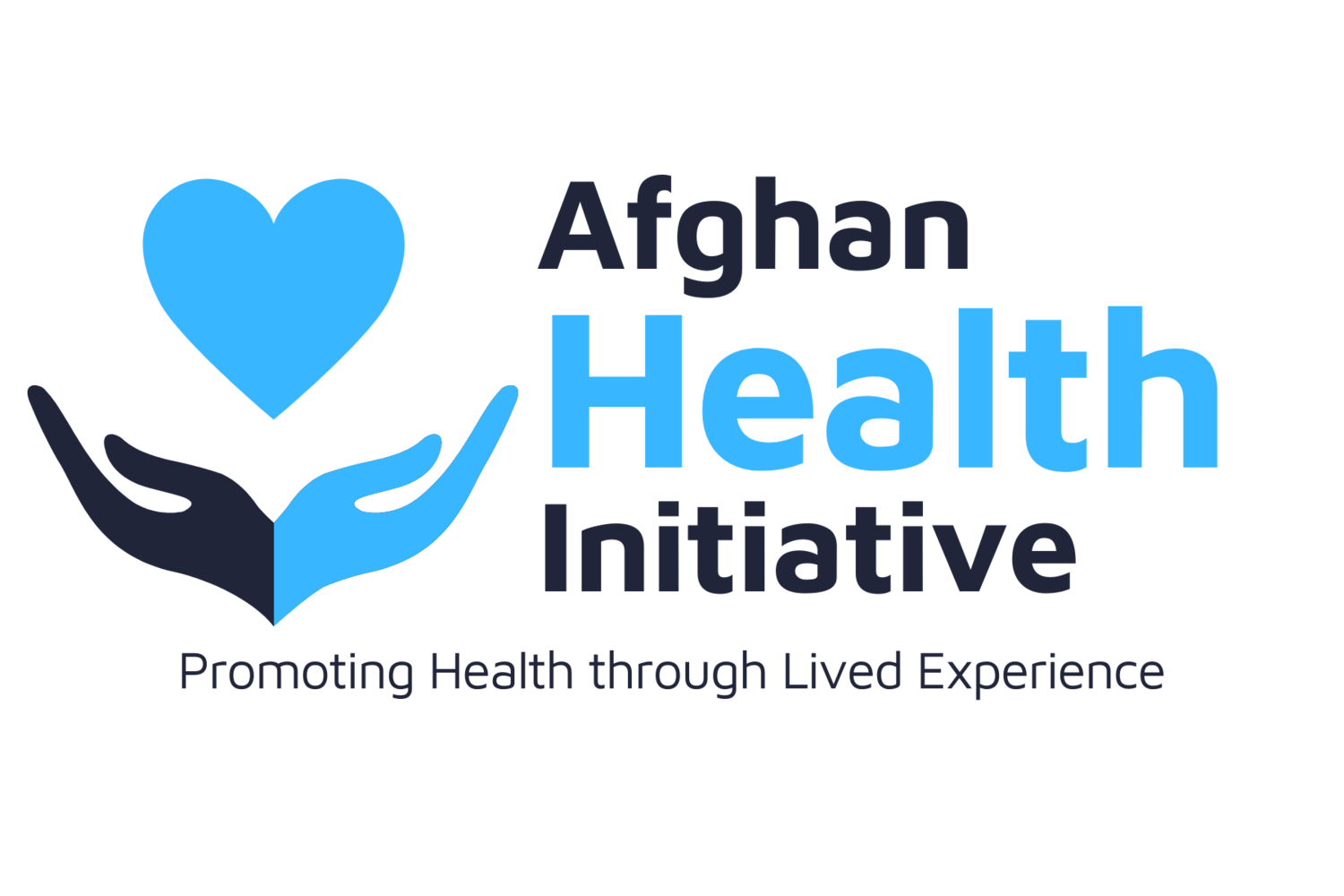
Public Health Initiatives and Community Based Participatory Research
Our Community-led Approach
Community-Based Participatory Research (CBPR) Program
Unlike traditional, institution-led research, Afghan Health Initiative’s Community-Based Participatory Research (CBPR) Program is rooted in collaboration with the community at every stage. This approach places community members as partners, ensuring that their voices, insights, and lived experiences shape the research process and outcomes. By centering the needs and priorities of Afghan and immigrant communities in King County, CBPR allows AHI to develop solutions that are relevant, culturally sensitive, and community-driven.
Through partnerships with organizations such as NACCHO, the State of Washington, PHPDA, and the University of Washington, AHI uses this collaborative research model to address barriers to healthcare and promote equitable health outcomes.
Key Projects in the CBPR Program:
NACCHO Partnership: Supported by the National Association of City and County Health Officials, AHI builds a network of local partners to connect Afghan refugees with a wide range of community-based and governmental services. This network serves as a key entry point for refugees needing culturally tailored resources for successful integration.
Health Equity & Capacity Building: AHI advances health equity work by addressing social determinants of health within the Afghan community. This includes community outreach, educational workshops, and the development of culturally sensitive wellness programs that promote healing and resilience.
Afghan Health Coalition for Prenatal Care: Supported by PHPDA, AHI leads a coalition to address the urgent issue of prenatal care access among Afghan refugee women. The coalition conducts focus groups and community discussions to identify barriers, develop community-driven solutions, and collaborate with healthcare providers to create culturally competent care practices.
Assessment of PFAS and Lead in Consumer Products: In collaboration with King County’s Hazardous Waste Management Program, this project examines the presence of PFAS and lead in products commonly used by the Afghan community. Through surveys and focus groups, AHI and its partners aim to increase awareness of these health risks, identify safer alternatives, and encourage informed health decisions. Read the Report HERE!
Research Partnership with Dr. Mienah Sheriff and the University of Washington: In collaboration with Dr. Mienah Sheriff and the University of Washington, AHI conducted research to uncover critical health challenges faced by Afghan communities, informing the creation of the Afghan Health Coalition. This research, focused on healthcare barriers and social determinants of health, has guided AHI’s coalition-building and advocacy work, particularly in prenatal care and health equity.
By using a participatory research model, AHI ensures that community voices shape every step, from identifying health challenges to developing sustainable solutions. This approach builds an inclusive healthcare system that honors cultural traditions, promotes equity, and fosters lasting wellness within Afghan and immigrant communities.
